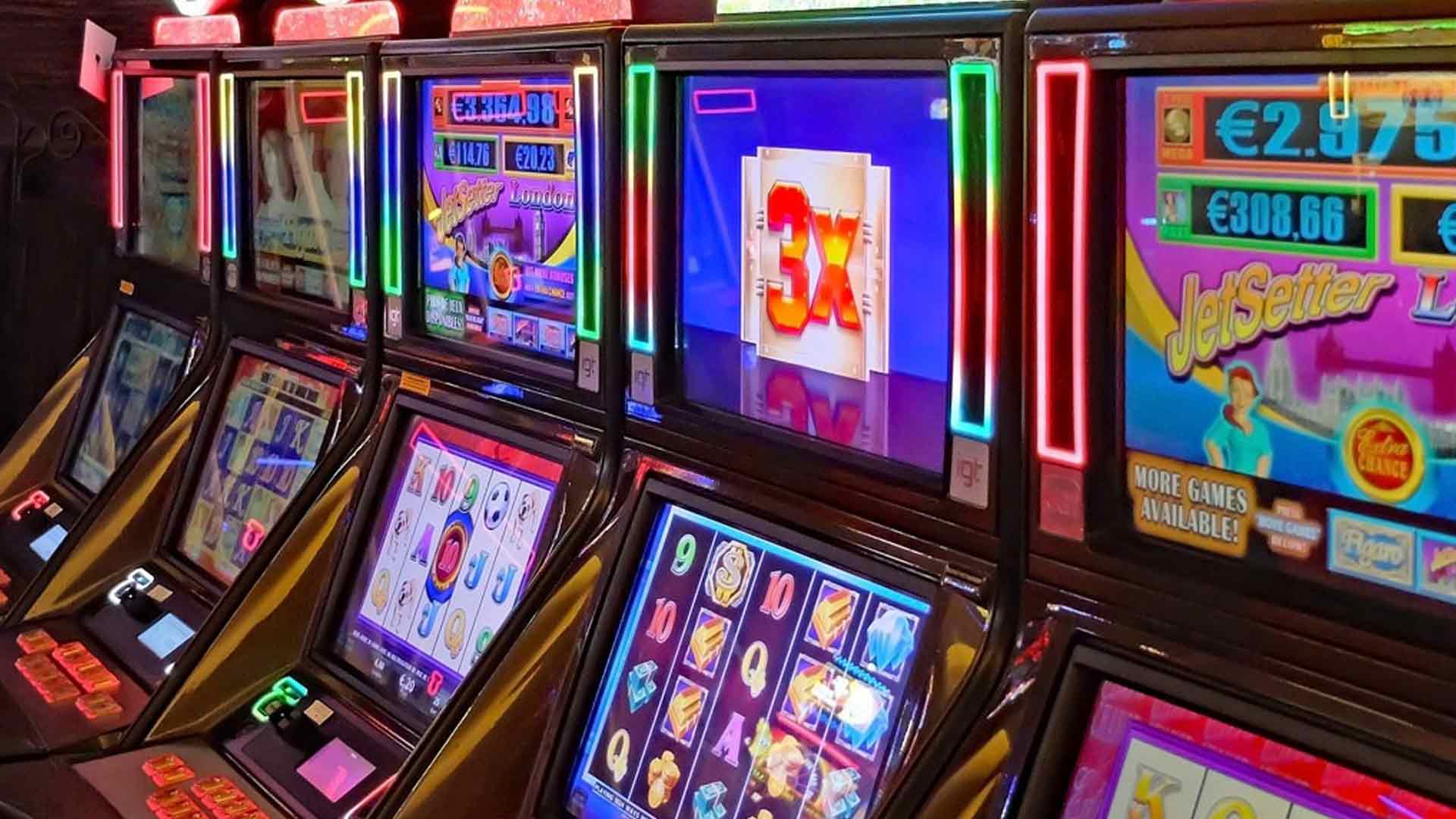Casinos and the Legacy of Las Vegas

Casinos and the Legacy of Las Vegas
Las Vegas, often dubbed the "Entertainment Capital of the World," stands as a monumental testament to the power of human ambition, risk-taking, and the enduring allure of the casino. From its humble desert origins to its dazzling status as a global tourism magnet, the city's identity is inextricably linked to its lavish casinos. These monumental structures are not just places to gamble; they are self-contained ecosystems offering world-class entertainment, luxury accommodations, fine dining, and convention facilities, collectively shaping the very fabric of this unique American metropolis.
The story of Las Vegas begins not with neon lights, but with a railway stop in the early 20th century. Strategically located between Los Angeles and Salt Lake City, it quickly became a vital watering hole and service point. While early gambling saloons existed, it was the legalization of gambling in Nevada in 1931, coupled with the ongoing construction of the Hoover Dam that brought an influx of workers, that truly set the stage for the city's transformation. This period laid the groundwork for what would become the world's most famous gambling destination.
The mid-20th century saw the rise of the iconic Las Vegas Strip, fueled by a unique blend of legitimate investors and, famously, organized crime figures. Visionaries like Bugsy Siegel, with the Flamingo Hotel in 1946, envisioned a new kind of luxury casino resort, one that combined gambling with high-end entertainment. These early pioneers poured money into magnificent establishments, creating an aura of glamour and forbidden excitement that drew visitors from across the globe. Names like Sands, Sahara, and Riviera became synonymous with a golden era of casino development, hosting legendary entertainers and catering to a clientele seeking unparalleled thrills.
As the decades progressed, the city’s casino industry evolved from its mob-influenced roots to a corporate-dominated landscape. This transition brought unprecedented investment and a shift towards creating mega-resorts that offered more than just gaming. Properties like Caesars Palace, Bellagio, and MGM Grand redefined luxury, incorporating elaborate themes, stunning architecture, and a vast array of amenities, including expansive shopping malls, spas, and family-friendly attractions. This diversification strategy broadened Las Vegas's appeal, solidifying its position not just as a gambling capital, but as a comprehensive destination for tourism and conventions.
The economic impact of Las Vegas casinos cannot be overstated. They are the primary engine of the city's economy, generating billions in revenue, creating hundreds of thousands of jobs, and attracting tens of millions of visitors annually. This revenue supports public services, drives innovation in hospitality, and fuels ongoing development. Beyond the direct financial gains, the casinos have cultivated a unique culture and identity for the city, where innovation in entertainment and a 'go big or go home' mentality prevail. The marketing slogan "What Happens Here, Stays Here" perfectly encapsulated the city's promise of escapism and uninhibited freedom, a promise largely delivered by its casino offerings.
In the modern era, Las Vegas continues to adapt. While the core appeal of the casino remains, the industry faces new challenges, including the proliferation of online gambling and the emergence of competing gaming markets globally. Yet, the city's commitment to reinventing itself, offering cutting-edge technology in its gaming floors, and maintaining its reputation for spectacular live shows and celebrity residencies ensures its enduring relevance. The development of esports arenas, new entertainment venues, and even professional sports teams further diversifies its attractions, but always with the casino at its heart. Beyond the physical grandeur of Vegas, the digital age has also brought forth a variety of online gaming platforms, offering a different kind of thrill for enthusiasts, where options like m88 slot asia provide accessible entertainment to a global audience.
The legacy of casinos in Las Vegas is a complex tapestry woven with threads of innovation, audacity, and sheer spectacle. They transformed a desolate desert outpost into a vibrant, pulsating metropolis. They pioneered the concept of integrated resorts, blending gaming with luxurious hospitality and diverse entertainment options. Whether it's the thrill of the blackjack table, the mesmerizing lights of slot machines, or the grandeur of a high-stakes poker room, the casino experience remains the cornerstone of Las Vegas's identity. Indeed, the story of Las Vegas is the story of its casinos. They are monuments to dreams, both won and lost, and continue to stand as symbols of an unparalleled entertainment empire. The city's future, while embracing new trends and technologies, will undoubtedly continue to be shaped by these iconic institutions that first dared to build a glittering oasis in the Nevada desert.